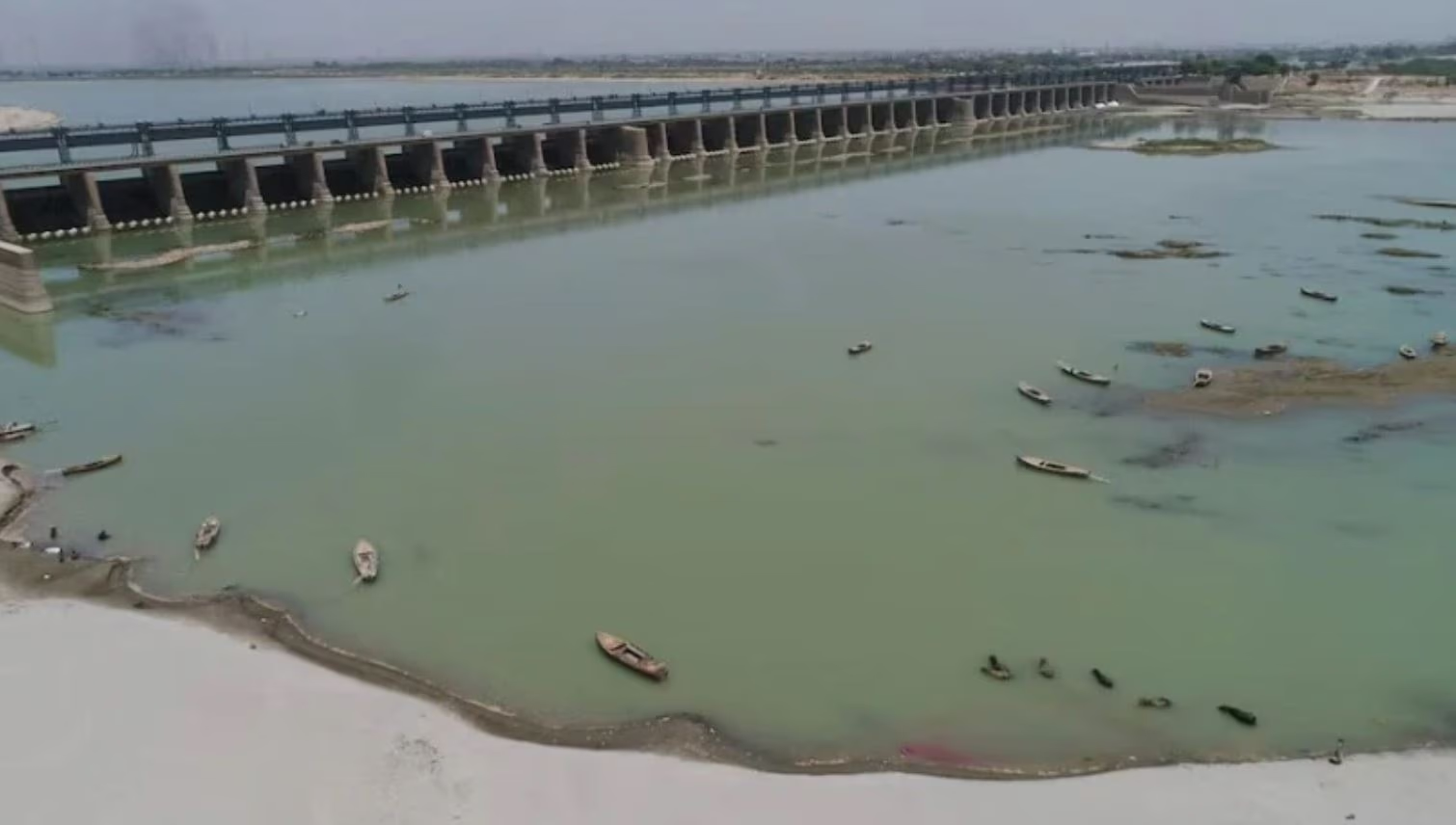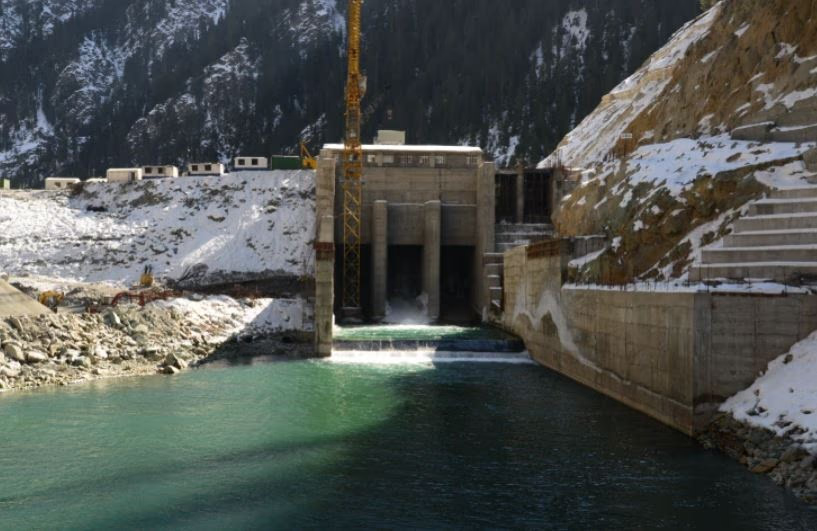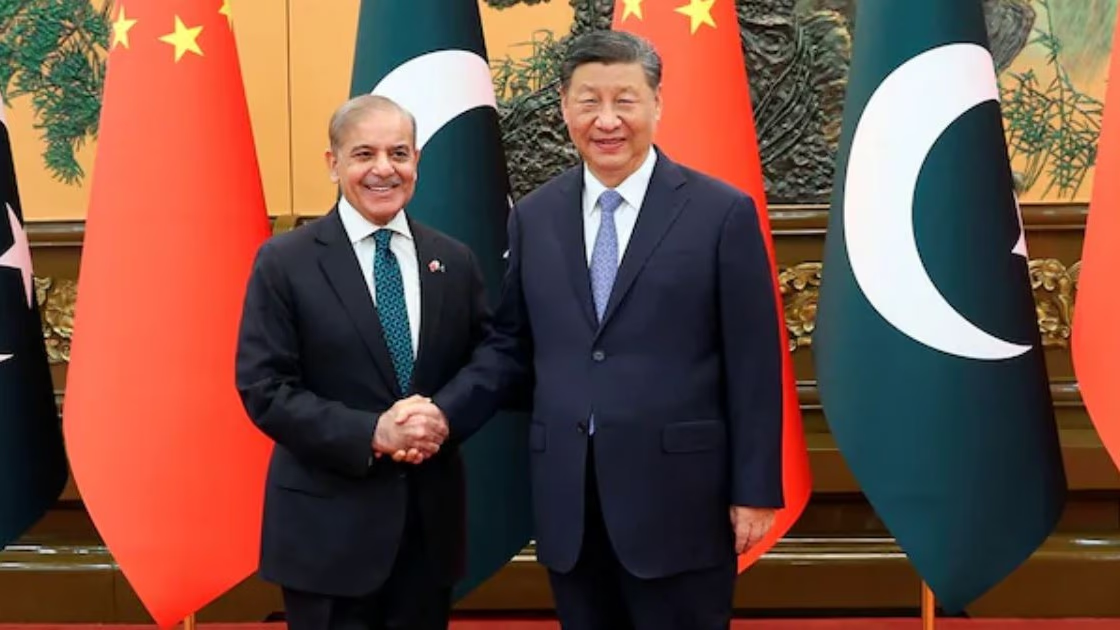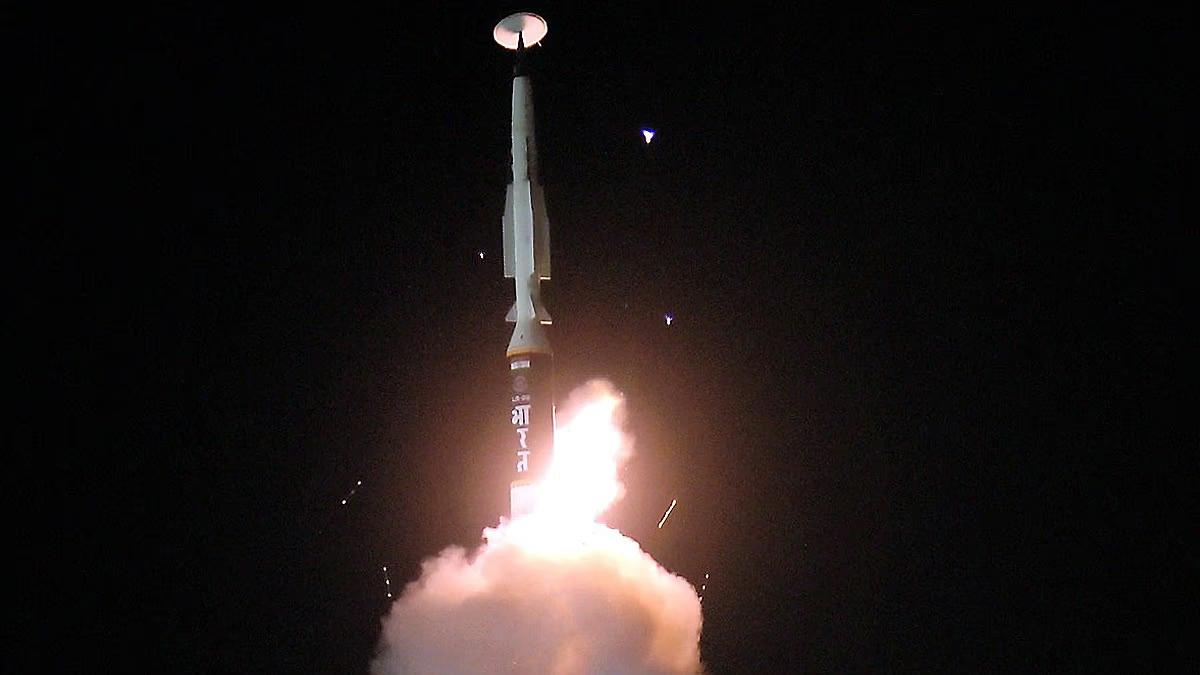'If India cuts the water supply, the entire nation will become a desert...', says Homla Thakur, a 40-year-old Pakistani farmer, heading to refill the sprayer tank from the river. As he sprays pesticides over his wilted crops near a stream off the Indus River, Thakur's anxiety about the future grows. The scorching sun, low water levels in the river, and India’s announcement of terminating the Indus Water Treaty post the Pahalgam terrorist attack form a grim picture.
Reduced Rainfall, Increased Hardships
Homla Thakur fears, 'We will starve.' His five-acre farm is located in the Latifabad area of southeastern Sindh province, where the Indus flows from Tibet through India to the Arabian Sea. Thakur's concerns echo those of over 15 Pakistani farmers and several experts, particularly given the significant decrease in rainfall in recent years.
Read More:
For the first time, India has suspended the World Bank-mediated Indus Water Treaty initially signed in 1960, securing water for 80% of Pakistan's farmlands. Citing insufficient action against cross-border terrorism from Pakistan, India has paused the treaty.
Treaty Suspension by India
Two of the four terrorists attacking tourists in J&K's Pahalgam were Pakistani, resulting in 26 fatalities. Islamabad denies any involvement and warns that any attempts to divert their water will be seen as acts of war.

Source: aajtak
The treaty distributed the water of the Indus and its tributaries between India and Pakistan. Officials and experts from both sides note that while India can't immediately halt the water flow, the treaty allows it to construct hydro projects without dams or storage, but changes could begin within months.
'Not a Drop to Pakistan'
Water Resources Minister C.R. Patil stated, 'We will ensure not a drop of Indus water reaches Pakistan.' Ignoring questions about the panic in Pakistan, two Indian officials, who preferred anonymity while discussing this sensitive matter, mentioned potential redirection of canal waters and hydro projects that could take 4 to 7 years.
Read More:
Kushwinder Vohra, former chief of the Central Water Commission, explained that India will stop sharing river data, flood alerts, and participating in annual Permanent Indus Commission meetings, intensifying Pakistan's uncertainties. Vohra added that Pakistan will lack actionable information for planning.
Suspending the treaty minimizes obligations for India regarding project notifications and data sharing, disrupting cooperative measures and risking floods or droughts in Pakistan.
Clear Path for India's Projects
Economists predict not just agriculture but also power production will be hit by water shortages, crippling Pakistan's economy. UK economist Vakar Ahmed warns that Pakistan underestimated the impact of India's treaty withdrawal. Despite lacking immediate water-blocking infrastructure, this period could allow Pakistan to address water sector inefficiencies.

Source: aajtak
Recent years have seen India's government attempt renegotiations, including resolving storage areas for Kishanganga and Ratle hydro plants arbitrated in The Hague. Vohra stated, now India can autonomously progress on its projects.
'We Trust in God, but...'
India's letter to Pakistan cited changing post-treaty circumstances like population growth and the need for more clean energy sources. The World Bank spokesperson refrained from commenting on treaty-related decisions made by member countries.
Read More:
Nadeem Shah, tending to cotton, sugarcane, wheat, and vegetables across 150 acres in Sindh, worries about drinking water. He mentions, 'We trust in God, but actions by India cause concern.' The rivers irrigate over 16 million hectares of agricultural land, vital for Pakistan's population of 240 million, covering 80% of its total area.
A Looming Threat of Starvation
Ghsharib Shaukat from Karachi’s Pakistan Agriculture Research highlighted India's action introduces uncertainty. 'We have no options currently,' he states. The treaty rivers, crucial for crops, cities, power, and livelihoods, play an indispensable part.
Pakistan's politicians emphasize that despite four post-1947 wars, the treaty remained largely unaffected till now, setting a dangerous precedent by suspension. Ex-Foreign Minister Bilawal Bhutto Zardari warns, 'Entrapping future generations in a new conflict web due to Indus Water Treaty withdrawal.'




